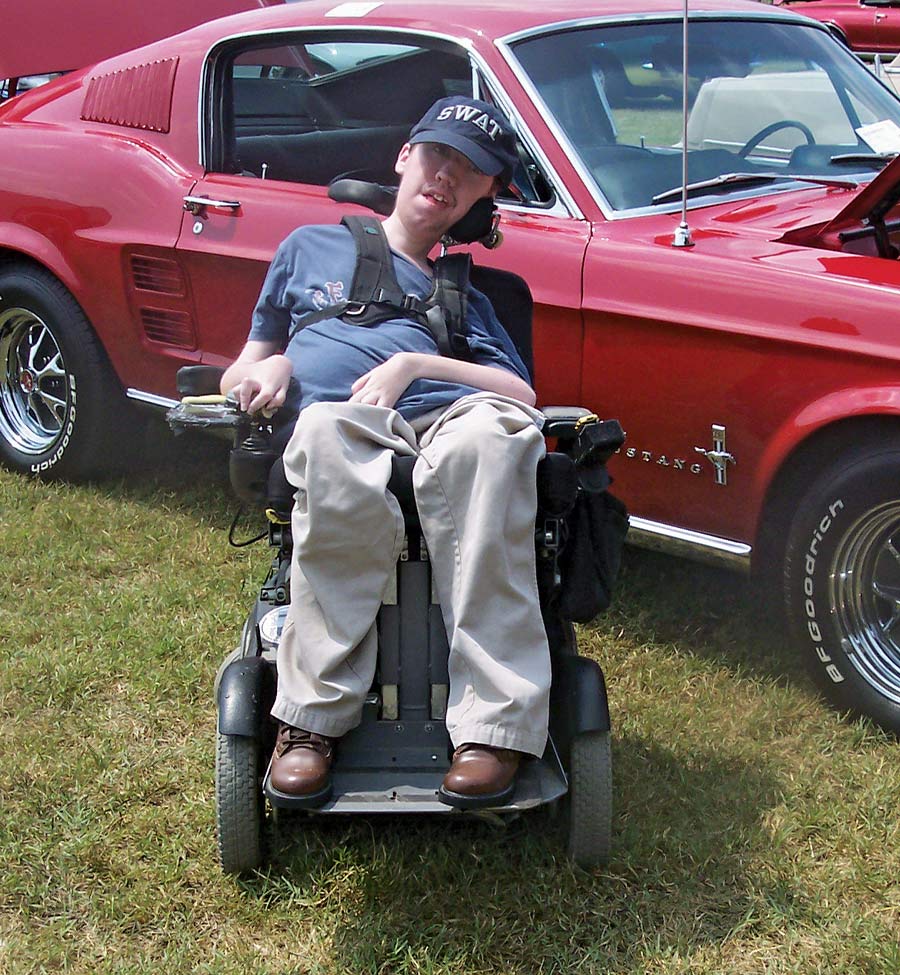All In
Bringing skills learned at Swarthmore to the poker table
What were the odds that James Brady ’07 would become a professional poker player?
Pretty low, if you had asked Brady in college. The Philadelphia resident started playing with friends as a student at Swarthmore “but was one of the worst players in the bunch,” he says. Through a little bit of luck and a lot of skill-building, however, Brady upped his game, enabling him to pursue poker full time.
“I enjoy the analytical aspect of poker, but also the social and psychologically demanding elements,” says Brady, who has won almost $300,000 so far in his career. “Swarthmore allowed me to study a variety of subjects, and I get to bring different parts of my brain to the poker table depending on what the situation demands.”
That includes drawing on his two Swarthmore majors, economics and mathematics, in addition to his master’s in finance. Math and stats come into play at the basic level of the game, Brady says, as well as in game simulations that are used to calculate styles of play. Meanwhile, Brady uses his financial knowledge to guide his business and manage downside risk. “One of the main goals of professional players is to grow wealth over time, allowing one to play at gradually higher stakes,” he says. “This takes budgetary discipline and careful planning.”

James Brady ’07
Poker Pro

All In
What were the odds that James Brady ’07 would become a professional poker player?
Pretty low, if you had asked Brady in college. The Philadelphia resident started playing with friends as a student at Swarthmore “but was one of the worst players in the bunch,” he says. Through a little bit of luck and a lot of skill-building, however, Brady upped his game, enabling him to pursue poker full time.
“I enjoy the analytical aspect of poker, but also the social and psychologically demanding elements,” says Brady, who has won almost $300,000 so far in his career. “Swarthmore allowed me to study a variety of subjects, and I get to bring different parts of my brain to the poker table depending on what the situation demands.”
That includes drawing on his two Swarthmore majors, economics and mathematics, in addition to his master’s in finance. Math and stats come into play at the basic level of the game, Brady says, as well as in game simulations that are used to calculate styles of play. Meanwhile, Brady uses his financial knowledge to guide his business and manage downside risk. “One of the main goals of professional players is to grow wealth over time, allowing one to play at gradually higher stakes,” he says. “This takes budgetary discipline and careful planning.”
It also takes practice, including reviewing and analyzing past rounds of play and heeding advice from top poker coaches, Brady says. A mid-level professional, Brady aspires to one day compete against the top names in poker, though he has already taken part in some memorable tournaments — even once sharing a table with actors Kelly Hu and Jason Alexander.
Last May, Brady headlined his own charity event, going head-to-head against fellow poker pro K.L. Cleeton to benefit Cure SMA, or spinal muscular atrophy, a rare genetic condition that both Brady and Cleeton have. Although Brady lost in the best-of-five tournament, the online event raised $10,000 for the nonprofit.
The shift to virtual gameplay during the pandemic has taken a toll on Brady’s winnings, but it’s also given him time to work on his skills, which Brady says are now better than ever. He’s eager to return in person to the poker community, where each player brings something unique to the game — just as students did at Swarthmore.
“Swarthmore exposed me to the smartest and most impressive people I have ever met and forever changed how I think and how I view intelligence,” he says. “It also taught me humility and to understand that you can succeed in attempts, not just results.”